Why Cyber-Security needs to be a priority in Banking ?
Traditional bank robbers are being left in the dust by organised cybercriminals. The most serious security problems in the banking industry nowadays are cyber threats. Millions of transactions are processed daily by banks and other financial institutions , with the bulk of them taking place through digital payment transfer systems. As a result, fraudsters have found banks to be attractive targets.

Business Risk
Why Industry is a target for cybercrime
Consumers have relatively little to lose from cyberattacks on banks, provided they haven’t been lax about safeguarding their information and they quickly notify the bank if funds are missing.
U.S. federal law requires banks to refund customers if someone takes money from their account without authorization and they notify the bank within 60 days of the transactions appearing on their bank statement. Business accounts, however, have fewer protections and could be subject to greater losses.
Cybersecurity in banking is a priority.
JOIN HANDS with us.
Technical Threats
How Industry Is Targeted
Hackers will constantly come up with new ways to attack data security. A new door has opened thanks to modern bank services and internet technologies that allow for quick transactions and account maintenance. Hackers are using common financial systems and third-party networks to carry out assaults as banks and consumers grow more digitally intertwined. Hackers can quickly access the network if these systems are not adequately protected by a cybersecurity plan.
As more individuals access their bank account via mobile applications, cybersecurity risks increase. Most users do not actively secure their personal devices, which means they have low to no security protection in the event of an attack. This makes the magnitude of an attack much bigger. Utilizing a safe banking software solution is key to avert malicious activities from your mobile apps.
Cryptocurrency, which was founded in 2009, is still relatively young, and many of the decentralised currency marketplaces are not sufficiently secured. Many large breaches of cryptocurrency exchanges and other cryptocurrency-related services have occurred during the last ten years as a consequence of phishing, malware, and targeted attacks. The unpleasant reality in the market is that there aren't many options to deploy banking cybersecurity software in crypto outside of crypto wallets and blockchain technology. Attackers will have an easier time stealing bitcoin and profiting on market gains if security is not improved.
The possible losses banks might face as a consequence of cyber-attacks on their platform are:
Cyber attacks can cause substantial financial losses for the customer as well as the banks through false transactions.
Attackers might sell the confidential information they steal from the banking institution. The stolen data is later used for malicious purposes.
Hackers may begin targeting specific customers that are part of the organization. This may result in customer identity theft or customer frustrations.
The public image of the financial institution will be damaged for insufficient information security compliance.
Experts Tips
The number of cyberattacks in the banking industry is increasing, but there are several ways to minimize the risk of getting hacked.
The right security solution
Manually monitoring every transaction requests to check for possible threats is impractical. Therefore, banks will have to switch to using a process automation solution to automate all monitoring and scanning processes, block and filter malicious traffic from getting into the network. An ideal security solution will stop and screen suspicious activities and track patterns of these attacks and work accordingly. Moreover, these cyber solutions must be easy to customize and configure.
Educate Employees
Making employees aware of the threats that are commonly faced by financial institutions is essential for preventing most of them. Since many of the cyber attackers targets employees and try to extract information from them, awareness of such activities and what to expect needs to be made aware to the team. For example, all employees working in the banking institution must be aware of the risks of downloading or opening email attachments that come from unknown or unreliable sources. This is particularly important since many cyber attacks are from viruses that come through these attachments. Banks must also prohibit their employees from sharing confidential information.
Audit all systems regularly
Cyber attacks can always be traced back to some loophole or minor vulnerabilities in the internal systems and network setups. Look out for anything such as missing security rules, development bugs, misconfigured systems, or outdated extensions, since these might end up being the loopholes that hackers later take advantage of. Vulnerability assessments can help identify lagging infrastructure on the security section and correct them. At the same time, penetration tests can simulate real-life cyber attacks to test the strength of the security system.